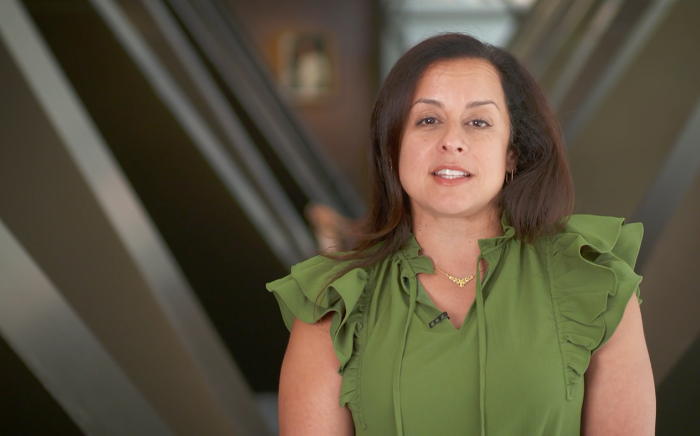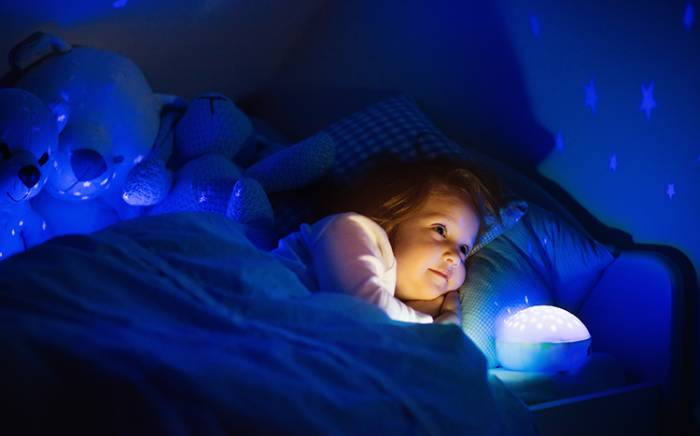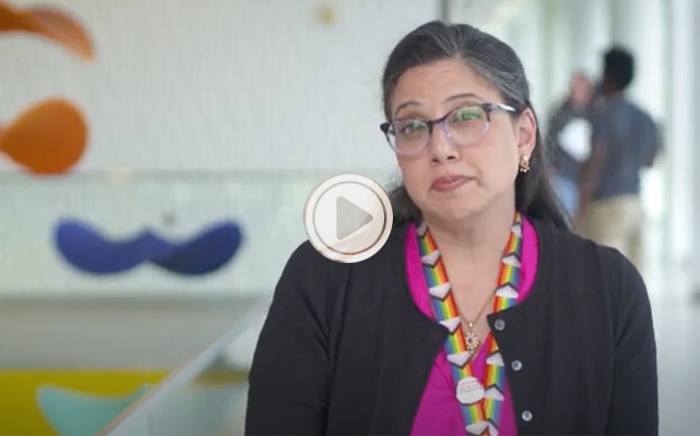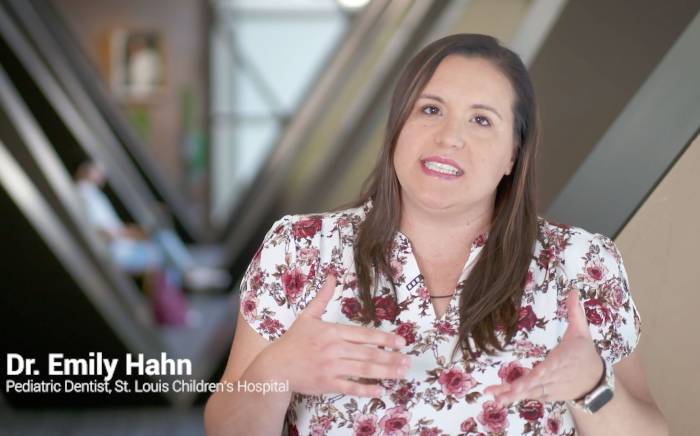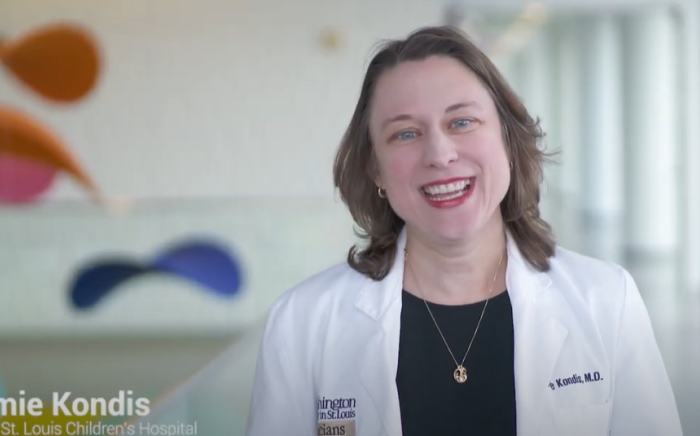What is a pediatric anesthesiologist?
Pediatric anesthesiologists are a physicians trained to direct the pre-surgical, or perioperative, care of infants and children, including the preoperative evaluation, administration of the anesthesia, as well as care and pain management after surgery. Anesthesiologists have obtained a medical degree, completed a residency in anesthesiology, and completed fellowship training in pediatric anesthesiology. Our physicians are board-certified in both general anesthesiology and pediatric anesthesiology.
Who will be caring for my child during their anesthetic?
Your child will be cared for by a team of physicians and nurses directed by the pediatric anesthesiologist, which may also include an anesthesiology resident physician or fellow training in pediatric anesthesiology, a certified registered nurse anesthetist, and pediatric nurse practitioners. Registered nurses and technicians will also be involved in the care of your child in the pre-anesthesia and post-anesthesia care units.
What type of anesthesia will my child have?
The type of anesthesia your child receives will depend on the type of surgery or procedure that is being performed. In most cases, your child will require general anesthesia, meaning they will be completely asleep and unaware of their surroundings. Your pediatric anesthesiologist will discuss the different options with you.
How are anesthesia medications administered?
Anesthesia medications are most often inhaled using a breathing mask or injected into a vein. In some cases, local anesthetics may be injected into the skin or the area surrounding a nerve to numb the area where surgery is being performed.
Can I be with my child when they go to sleep?
In many cases, you may be with your child as they go to sleep. In some instances, this may not be possible due to safety concerns. Once your child is asleep, you will be escorted from the operating room.
Why can’t my child eat or drink before their procedure?
Your child cannot eat or drink prior to surgery and anesthesia due to the risk of aspiration of the stomach contents into the lungs. This is a very serious complication that can result in life-threatening injury to the lungs.
What are the risks to anesthesia?
Overall, modern anesthesia is very safe. However, anesthesia medications are powerful drugs designed to keep your child asleep and comfortable during a painful procedure and their use can come with some risks. Common complications include nausea, vomiting, and confusion upon awakening. Extremely rare and more severe complications include aspiration, injury to the heart, lungs, or brain, or even death.
Should I be worried about the U.S. Food and Drug Administration (FDA) safety announcement regarding the potential adverse effects of anesthetics for children less than 3 years of age?
The FDA safety announcement should not be a cause of concern for the majority of families with children requiring anesthesia. The primary goal of the announcement was to raise awareness that having anesthesia multiple times at a young age may effect brain development. The exact nature and importance of these effects are not fully known and research in this field is continuing. Anesthetics should only be used when absolutely necessary, and parents should discuss the timing of surgery, as well as the risks and benefits with both the surgeon and anesthesiologist. Additional information on this topic may be found at several web-sites including http://smarttots.org/, a public-private partnership between the FDA and the International Anesthesia Research Society.
Will my child have pain after the procedure and how will it be treated?
The amount of pain your child experiences will depend on the type of procedure being performed. There are multiple ways to treat your child’s pain depending on your child’s age as well as the severity and location of their pain. Pain medications may be administered by mouth, intravenously, or intramuscularly. Anesthesiologists are experts in managing pain and may also be able to perform regional anesthesia, which is the injection of local anesthetics surrounding a nerve to numb a particular area of the body.
How long will it take for my child to wake up after the procedure?
The amount of time your child will need to wake up after anesthesia will depend on the length of the procedure and the type of anesthesia required. It is normal for a child to be drowsy for several hours and have very little memory of the time immediately following surgery.
When will I be able to see my child after their procedure is over?
Immediately following their surgery and anesthesia, your child will be recovered in a Post-Anesthesia Care Unit (PACU) and be cared for by a dedicated nurse specialized in the care of children following anesthesia. After the assessment and treatment of your child’s immediate needs, you will be allowed to be with your child as they recover.
Who can I contact if I have questions about anesthesia before or after the procedure?
During working hours Monday through Friday, you may call the Center for Preoperative Assessment and Planning at 314.454.2727. At night and on weekends you may call the St. Louis Children’s Hospital operator at 314.454.6000 and ask to speak with the pediatric anesthesiologist on call.
What are some resources for pediatric anesthesia?






